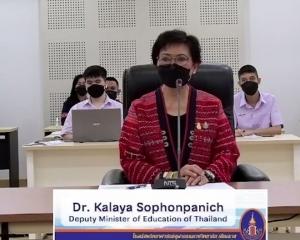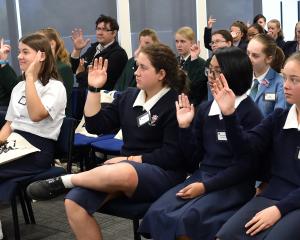
Mr Seales, who chairs the Academic Workforce Planning Towards 2020 steering committee, said Otago University's continuing success partly depended on continuing to recruit and retain skilled teaching and research staff.
"There's certainly increasing competition and increasing demand for academics," Mr Seales said.
The collaborative planning initiative, which involves all eight New Zealand universities, aimed to prevent a future staffing shortage throughout the country's universities as traditional overseas sources for academic staff dried up at the same time as a large proportion of New Zealand's current academic staff was retiring.
The universities were all concerned that as New Zealand moved towards 2020, they would face significant difficulties in maintaining an effective and efficient academic workforce.
Otago University had already encountered workforce supply issues in several academic disciplines, including accountancy, as well as in medical teaching and research, he said.
The year-long project aimed to develop a workforce plan to quantify the supply of, and demand for, academic staffing and to identify strategies to address any issues before 2020.
Demographic information about the academic workforce from all the universities would be collected and analysed, he said.
• The project had received funding under the Tertiary Education Commission's Priorities for Focus Fund and was an initiative of the human resources committee of the New Zealand Vice-chancellors Committee.











